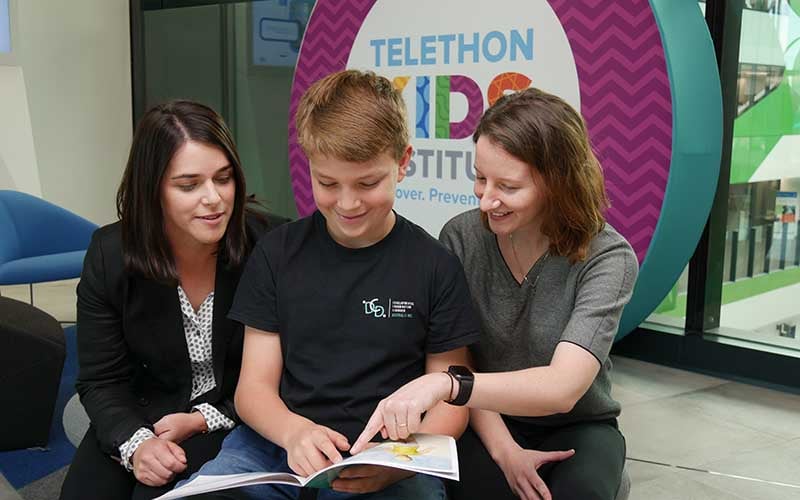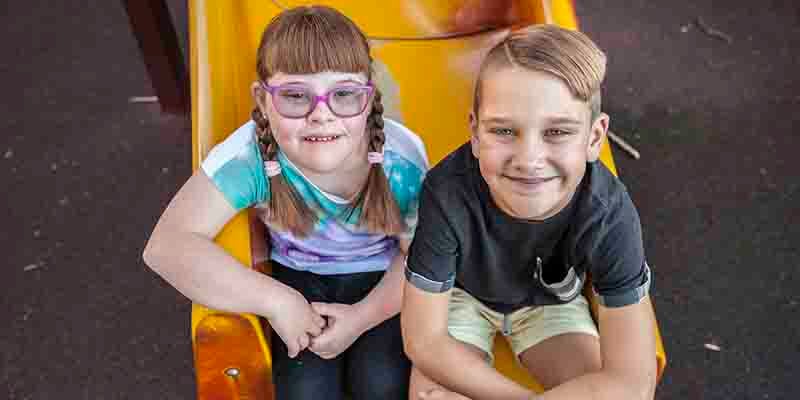Search

News & Events
New book gives voice to kids with DCDTwo The Kids Research Institute Australia researchers behind a new book featuring the voices of Kids with DCD.

News & Events
Big data expert appointed Kerry M Stokes Chair of Child Health ResearchAn international leader in the analysis and mapping of big data sets to tackle disease has been appointed The Kerry M Stokes Chair of Child Health.

News & Events
What life is like living with type 1 diabetesEvery decision a child with type 1 diabetes makes can impact on their blood glucose levels.

News & Events
Iconic partnership to bolster parents in cyber safety battleBankwest and The Kids Research Institute Australia have announced a new partnership, bringing together two iconic Western Australian organisations to support parents in their cyber safety battle.

News & Events
The Kids welcomes Australian Nobel Laureate for prestigious lectureThe Kids is delighted to have Australian Nobel Laureate and former Australian of the Year Professor Peter C Doherty AC deliver The Governor’s Lecture.

News & Events
Help us build a new weapon in the fight against deadly fluAt just two years old, Lucy lost her fight against flu. With your generous help, we can finally beat influenza.

News & Events
New app for parents develops kids’ essential life skillsA new app utilising ground breaking research into the early years will assist parents and carers develop their child’s life skills while going about their daily routines.

News & Events
WACRF grants to boost research in leukaemia, strep A and childhood developmentThe Kids researchers will use almost $730,000 in WA Child Research Fund grants to step up the fight against leukaemia and Strep A, as well as helping children with neurodevelopment issues.

News & Events
Join The Kids for real-life research at Telethon 2019As one of Telethon’s long-standing beneficiaries, we are proud to once again be taking part in Telethon Weekend on 25 and 26 October at the Perth Convention and Exhibition Centre.
Program of the event The program for Accelerating Child Health Research: A Systems Biology Symposium includes a wide range of international and local
